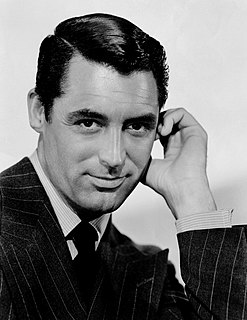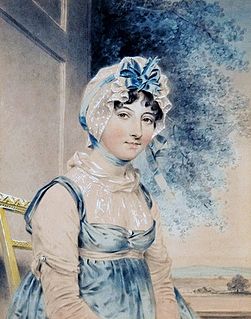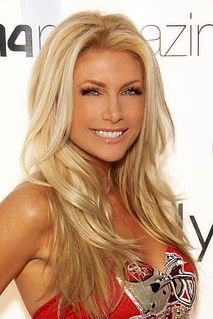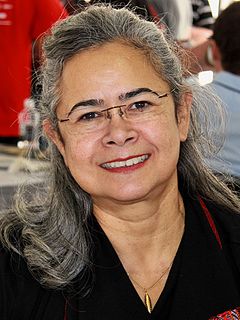A Quote by Jane Smiley
Sometimes, a novel is like a train: the first chapter is a comfortable seat in an attractive carriage, and the narrative speeds up. But there are other sorts of trains, and other sorts of novels. They rush by in the dark; passengers framed in the lighted windows are smiling and enjoying themselves.
Related Quotes
Most automobiles spend about 80 percent of their time sitting around doing nothing. They're gasoline powered; they go to very high speeds, which in fact, under urban conditions, you don't need. These high speeds generate enormous safety requirements and so on and so forth. Now you can incrementally tweak the automobile. You can make the power train more efficient and you can enhance safety and all of these sorts of things that are very worthwhile.
Fiction allows us to see the world from the point of view of someone else and there has been quite a lot of neurological research that shows reading novels is actually good for you. It embeds you in society and makes you think about other people. People are certainly better at all sorts of things if they can hold a novel in their heads. It is quite a skill, but if you can't do it then you're missing out on something in life. I think you can tell, when you meet someone, whether they read novels or not. There is some little hollowness if they don't.
Another train will come. Why rush? Why worry? Why go crazy? Another train will come. And sure enough, another train going my way was pulling into the station. My bad mood evaporated. I entered the car smiling, certain that there would be more missed trains in my life, more closed doors in my face, but there would always be another train rumbling down the tracks in my direction.
The difference does not lie in the things that news does that novels do not do, but in the things that novels do that news cannot do. In other words, this basic technique of news - just one among many - is something a novel can use, but a novel can deploy a multitude of other techniques also. Novels are not bound by the rules of reportage. Far from it. They're predicated on delivering experience.
When we pulled out into the winter night and the real snow, our snow, began to stretch out beside us and twinkle against the windows, and the dim lights of small Wisconsin stations moved by, a sharp wild brace came suddenly into the air. That's my middle-west - not the wheat or the prairies or the lost Swede towns, but the thrilling returning trains of my youth and the street lamps and sleigh bells in the frosty dark and the shadows of holly wreaths thrown by lighted windows on the snow.







































